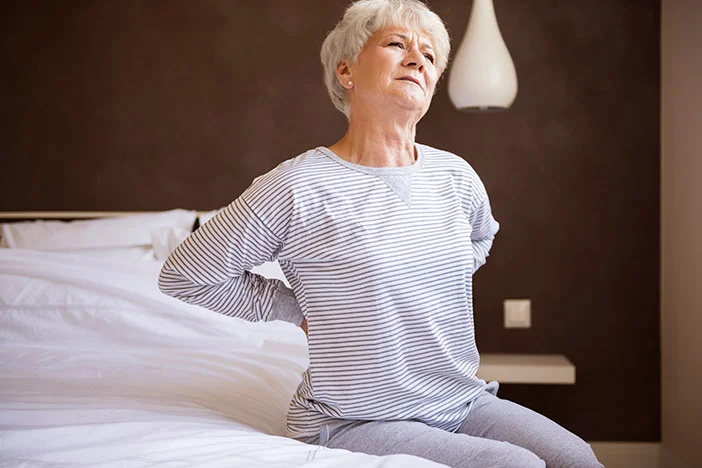Living with Polymyalgia Rheumatica (PMR) brings unique challenges, but with thoughtful lifestyle adjustments and coping strategies, individuals can enhance their quality of life. In this blog, we’ll explore practical tips and coping mechanisms designed to empower those navigating the complexities of PMR, ensuring comfort and well-being.
For personalized support in navigating life with Polymyalgia Rheumatica, connect with Specialty Care Clinics. Dial (469) 545-9983 today for expert guidance towards empowered living.
Understanding the PMR Journey: Embracing Lifestyle Adjustments
Mindful Movement: Gentle Exercises for Joint Comfort:
Engaging in low-impact exercises, such as walking, swimming, or tai chi, can help maintain joint flexibility and reduce stiffness. Prioritize gentle movements to avoid overexertion and tailor your exercise routine to your comfort level.
Balanced Nutrition: Fueling the Body for Optimal Health:
Adopting a balanced and nutritious diet plays a crucial role in managing PMR symptoms. Include anti-inflammatory foods like fruits, vegetables, and omega-3 fatty acids to support overall joint health.
Pacing Activities: Finding the Right Tempo:
Pacing daily activities is essential to prevent fatigue and manage pain effectively. Break tasks into smaller, manageable segments, and allow yourself sufficient rest periods to avoid overexertion.
Coping Strategies for Emotional Well-being
Join Supportive Communities: Sharing Experiences and Wisdom:
Connecting with others who understand the challenges of living with PMR can provide valuable emotional support. Join online forums or local support groups to share experiences, tips, and coping mechanisms.
Mind-Body Techniques: Relaxation for Physical and Emotional Relief:
Incorporate mind-body techniques, such as deep breathing, meditation, or yoga, into your daily routine. These practices can help manage stress, alleviate tension, and contribute to overall well-being.
Set Realistic Goals: Celebrate Small Achievements:
Establish achievable goals and celebrate even the smallest accomplishments. Recognizing your efforts, no matter how minor, contributes to a positive mindset and a sense of accomplishment.
Adapting the Home Environment
Ergonomic Considerations: Creating Comfortable Spaces:
Make adjustments to your home environment to reduce strain on your joints. Consider ergonomic furniture, supportive chairs, and adaptive tools to create a comfortable and accessible living space.
Utilize Assistive Devices: Tools for Independence:
Investigate the use of assistive devices such as grab bars, walking aids, or jar openers to enhance your independence and make daily tasks more manageable.
Communicating with Healthcare Professionals
Regular Check-ups: Monitoring and Adjusting Care:
Schedule regular check-ups with your healthcare provider to monitor your condition and make necessary adjustments to your treatment plan. Open communication ensures a proactive approach to managing PMR.
Educate Yourself: Empowerment through Knowledge:
Stay informed about PMR, its symptoms, and treatment options. Knowledge empowers you to actively participate in your care and engage in meaningful discussions with your healthcare team.
Embracing Life with PMR
Living with Polymyalgia Rheumatica presents unique challenges, but with a holistic approach that includes lifestyle adjustments, coping strategies, and effective communication with healthcare professionals, individuals can navigate their journey with resilience and comfort. Remember, each person’s experience with PMR is unique, and finding a combination of strategies that works for you is key to living a fulfilling and empowered life with this condition.


